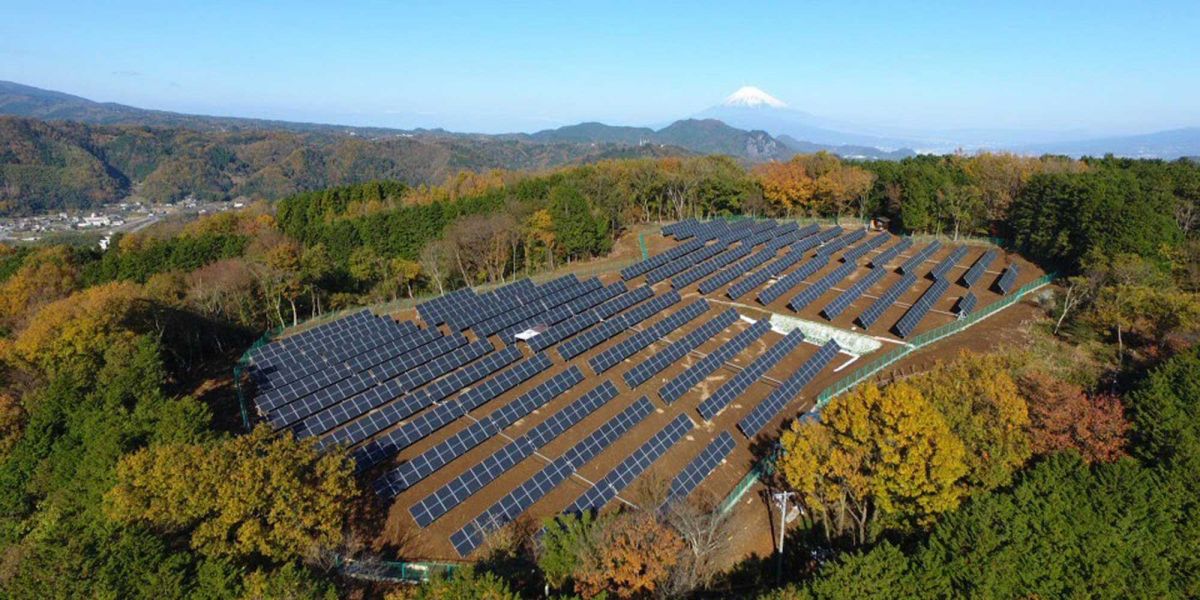The demand for green electricity is growing faster than the supply can be expanded. This will lead to a split in the price of electricity. "Certified green electricity will become significantly more expensive and generate a higher return for investors," says Markus W. Voigt, Managing Director of AREAM GmbH, which specializes in renewable energies.
Microsoft has just announced that it intends to operate completely climate-neutral by 2030. By 2050, Microsoft even wants to remove all CO₂ emissions, which the company has caused since its founding in 1975, primarily through electricity consumption, from the environment. Siemens has also announced that it will become climate-neutral by 2023, and Deutsche Bahn will only run on green electricity. "All these goals can only be achieved by using electricity from renewable sources," says Voigt. "But this is becoming scarce."
This is because, in view of the stricter requirements for onshore wind power, the pace of expansion has slowed down considerably in recent years, but demand is growing ever faster. "The industry is even talking about a green electricity gap. Compensation will be made through the price," says Voigt. Green electricity could therefore become a scarce commodity and its price could rise significantly in the coming years. "These are good prospects for investors in wind or solar parks." This applies both to existing plants and to new builds.
"What is interesting is that a real market mechanism takes effect here - the interplay of supply and demand - and thus makes subsidies superfluous," says Voigt. The EEG levy, which has been laid down by law for the expansion of renewable energies, will fall as the price of green electricity rises, so that consumers will not notice this price increase or may even be relieved.
It will become more and more interesting to invest in wind and sun when yields rise. "It can be assumed that this phase of increased yields from renewables will continue for some time, because global capacities are still low and demand here in Germany, but also in the emerging and developing countries, is very high," says Voigt. "In this respect, the announcements of ever larger parts of the economy that they want to work climate-neutrally are a cause for rejoicing for RE investors.
PRESSEKONTAKT:
Leandra Kiebach
T: +49 (0)211 30 20 60 4-2
E: lk@aream.de
